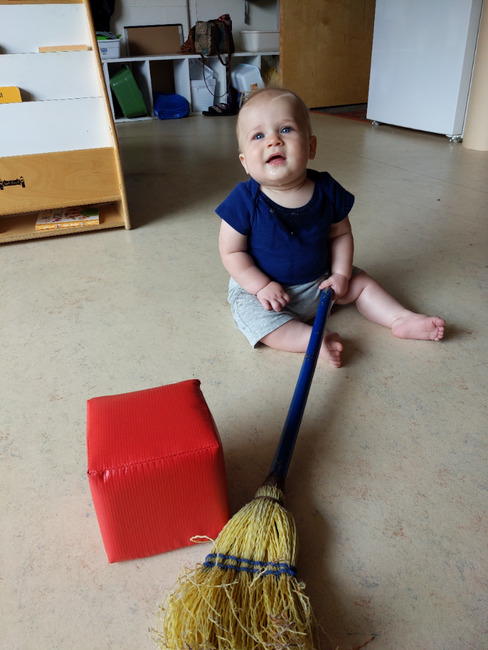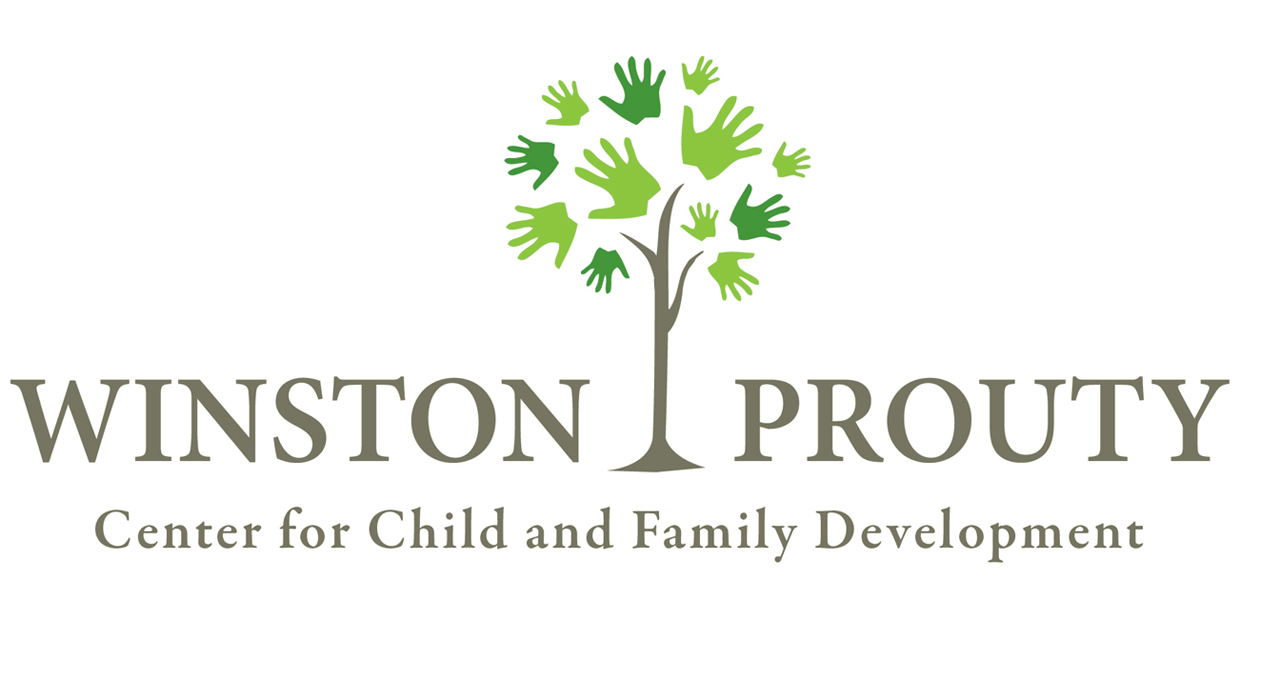Healthy housing continuum needed, especially for families

By Chloe Learey, Executive Director. Published on VTdigger, September 20, 2021
The Covid-19 pandemic magnified many challenges our community faces. These challenges include limited housing options, attracting and retaining workforce, food security, isolation, and access to health care and mental health.
The pandemic also provided the opportunity to creatively address some of those challenges. Programs like Everyone Eats and groups like Brattleboro Mutual Aid developed outside of traditional systems, harnessing the energy of people wanting to help one another in a time of deep need. And, for the first time, everyone in our community had a roof over their heads because the state invested resources into emergency housing through the motel program.
How do we continue this momentum? Covid fatigue is not just about being tired of wearing masks and staying distant. It is also about not having enough bandwidth to keep tackling the seemingly unsolvable challenges we face.
Sometimes there is initial energy when a crisis hits, a coming together to solve issues and help each other. That level of “crisis energy” can last only so long, and after 18 months of the pandemic, many of us are out of steam.
Now more than ever we need to create the sparks that will help ignite our spirits to strive for progress. Advocates were successful in getting an extension in the emergency housing program that will allow many of our most vulnerable community members to stay housed for another 30 days. This extension will not solve our housing crisis, but successes like that can help make space to propel us to the next solution.
I have written many commentaries about the importance of early childhood, and why the services and systems supporting families with young children are essential to building a thriving community. Housing is one of those systems, and a cornerstone to addressing many of the challenges we face, from workforce shortages to food insecurity.
There is a lot of focus on affordable housing, generally defined as housing in which the occupant is paying no more than 30 percent of gross income for housing costs, including utilities. Typically, affordable housing is designed for people with very low to moderate levels of income.
It is important to understand this in the continuum of housing: The different kinds of housing a community has are interconnected and impact one another, like an ecosystem in nature.
If there are no places for people to move into, such as from a first apartment to home rental to home purchase, people will get stuck, and new housing will not open. Those with higher levels of income may occupy housing stock that could have been available for more affordable housing options.
To make progress, we need to talk about the housing ecosystem — from emergency shelter to transitional housing to rentals (both short- and long-term) to homeownership, all in the market context of public and private development.
Over the eight years that Winston Prouty has run the family supportive housing program in this region, we have had a lot of success in helping families with young children find and maintain housing. We have been able to do this by collaborating with many partners: Brattleboro Housing Partnership and its transitions voucher program, Windham Windsor Housing Trust, Groundworks Collaborative, Southeastern Vermont Community Action, Youth Services, and private landlords.
Out of a caseload of 25 to 30 families, we had three or four at any given time who were seeking housing. Right now, we have 11 families looking for homes. While it used to take two to three months to find housing, it is now taking six to eight months. There is money for startup and security deposit, yet there are no apartments. There are vouchers to help pay monthly rent, yet there are no apartments.
It has always been challenging, but there was movement. The infusion of resources to support rent, utilities and other living expenses are meaningless if there is nowhere to go.
There is no quick solution. Housing is not something that can be put up overnight. As a housing developer said to me recently, development is risky and complicated, and a gamble every time. The alternate risk is that we enter a regional economic death spiral if we can’t figure out how to unlock the housing continuum.
This will require bringing our considerable resources to a multi-sector table to put the housing puzzle pieces together in new ways. We have promising examples of this, such as the development of the former Sanel building on Flat Street in Brattleboro. We have ideas through projects like the Prouty Delta Development Initiative. We have groups like the Housing Coalition of Southeastern Vermont creating space for sharing information about what is happening in the region.
If we can coalesce this energy towards a community-wide goal of creating a robust housing continuum so that everyone can have a home, including those who want to move here, we have a good chance of being able to build the thriving community we want. And our children need it.
